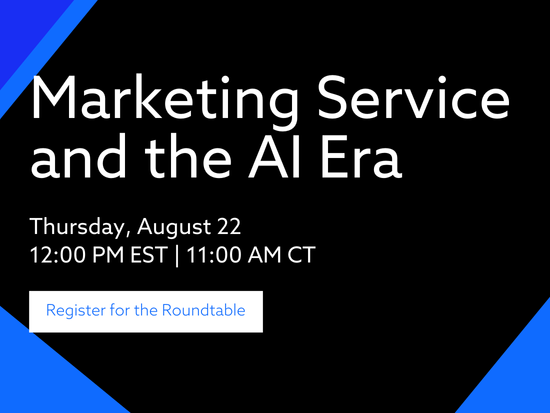You can’t manage what you can’t measure.
This statement reflects the core philosophy of Peter Drucker, a pioneer in modern management thinking. His emphasis on measurement as essential to effective management continues to influence business practices today.
In the world of client relationships, the approach to measuring them varies significantly based on how value creation is delivered.
Value Creation
If you think at a high level, there are two types of businesses: “offering” and “services.” By “offering,” I mean a tangible product, software, subscriptions, or experiential offering (such as those in hospitality, entertainment, and tourism), where value creation focuses on direct interactions between the customer and the offering.
On the other hand, when I say “services,” I am referring to marketing agencies, professional services firms, and consulting firms, where value creation is driven by human expertise and co-creation. In these service-based relationships, interactions are often many-to-many and complex, involving deep engagements across multiple stakeholders.
Measuring Client Relationships
For offering-based businesses, measuring client relationships involves leveraging extensive data from various sources. Metrics like renewals, logins, software telemetry, usage patterns, and Net Promoter Score (NPS) are enhanced by data from CRMs, CDPs, CSPs, and BI tools. Together, these insights provide a comprehensive view of customer health, satisfaction, and loyalty, essential for driving retention strategies and identifying potential churn.
In service-based industries, like marketing agencies, the dynamics are far more nuanced. Relationships are multifaceted, involving deep, complex interactions between multiple stakeholders on both sides. Value is co-created through collaboration, trust, and alignment with client goals. This means understanding the ebb and flow of these interactions, where traditional KPIs like NPS, project surveys, and qualitative QBR feedback often fall short in capturing the true health of these relationships.
Here’s why: despite having an abundance of data, the challenge lies in separating the signal from the noise. Moreover, much of this data is often retrospective—arriving only after issues have already impacted the relationship and clients are already considering other options.
Enter AI
AI can play a transformative role in navigating the complexities of client relationships within service organizations. For marketing agencies, AI can analyze natural communications, structured company data like a CRM or ERP, and external data signals to produce a quantifiable client health score that accurately represents the true state of relationships. This enables a comprehensive understanding of the relationship landscape, essential for proactive management and yielding actionable client intelligence.
AI can analyze qualitative factors such as communication patterns, sentiment, and engagement trends across various touchpoints—like emails, meetings, and project management tools. This analysis helps create a client health score that accurately reflects the true state of the relationship, offering insights beyond traditional metrics like NPS or qualitative QBR feedback. Moreover, AI can predict potential churn by detecting subtle signals that human managers might overlook, such as changes in communication sentiment or interaction frequency.
This capability ensures that marketing agencies can act before it’s too late, identifying risks early and focusing on what truly matters to retain and grow client relationships. By leveraging AI, agencies can turn the art of relationship management into a science, reducing churn and driving sustained growth in an increasingly competitive landscape.
Conclusion
In conclusion, AI can empower marketing agencies to manage client relationships with greater precision, transforming complex interactions into actionable insights. By leveraging AI-powered client intelligence that provides a comprehensive view of commercial relationship intelligence across the client portfolio, agencies can proactively address potential issues before they escalate, ensuring stronger client retention and sustained growth.
For those curious about AI’s practical impact on client retention, the best way to grasp its value is by diving in and experimenting. Integrating AI into your processes can reveal its true potential. Join the Knownwell beta waitlist today.



